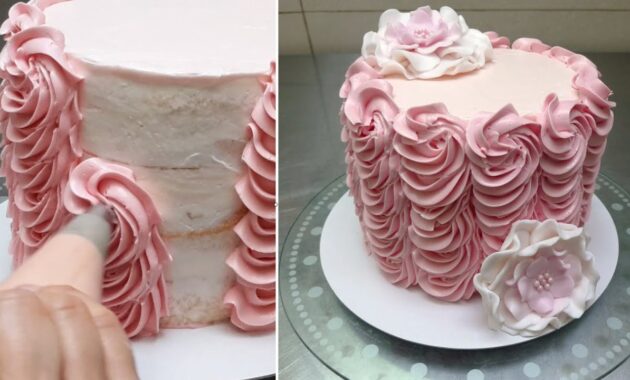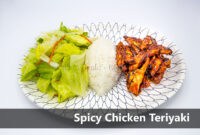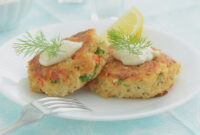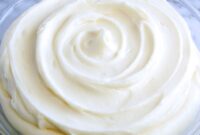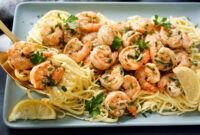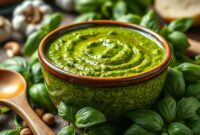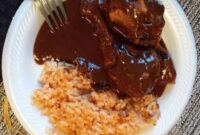Buttercream, the crowning glory of cakes and cupcakes, the velvety blanket that transforms a simple treat into an extraordinary delight. But achieving that perfect, melt-in-your-mouth buttercream can sometimes feel like a daunting task. Fear not, aspiring bakers! This comprehensive guide will unlock the secrets to crafting the most luscious, stable, and utterly irresistible buttercream imaginable. Whether you’re a seasoned pastry chef or a complete beginner, this recipe and detailed instructions will empower you to create buttercream that will impress every palate.
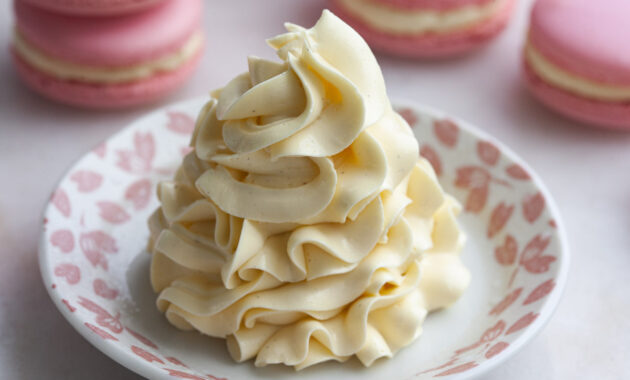
[Placeholder for a high-quality image of beautifully frosted cupcakes or a cake with buttercream]
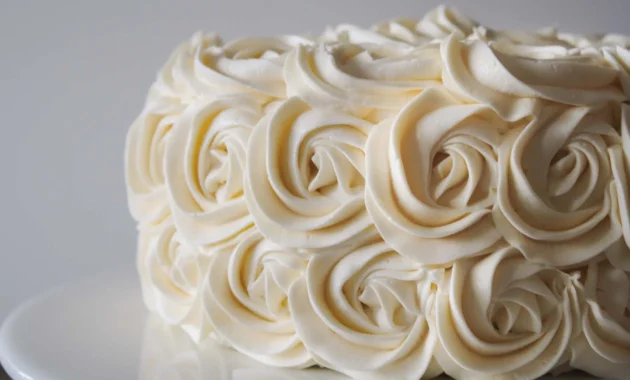
Understanding the Magic of Buttercream
Before we dive into the recipe, let’s take a moment to appreciate the beauty and versatility of buttercream. It’s more than just a sweet spread; it’s an edible canvas, a textural masterpiece, and a flavor carrier that elevates desserts to a whole new level. From the classic American buttercream to the sophisticated Swiss meringue buttercream, there’s a type of buttercream to suit every taste and occasion. This recipe will focus on American Buttercream, the most popular and easiest to prepare version.
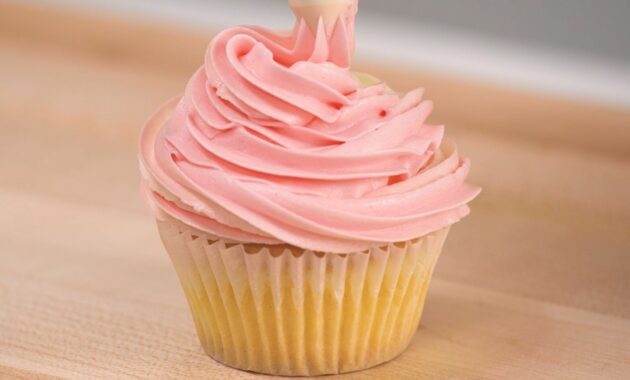
This buttercream recipe is adaptable, easy to make, and tastes delicious. Make sure you use high-quality ingredients for the best results.
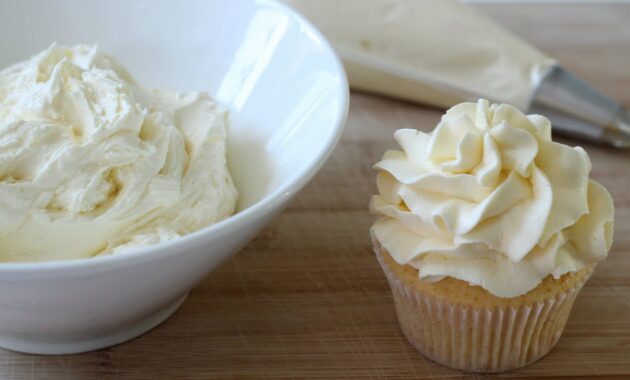
Recipe Overview
Here’s a quick rundown of what to expect:
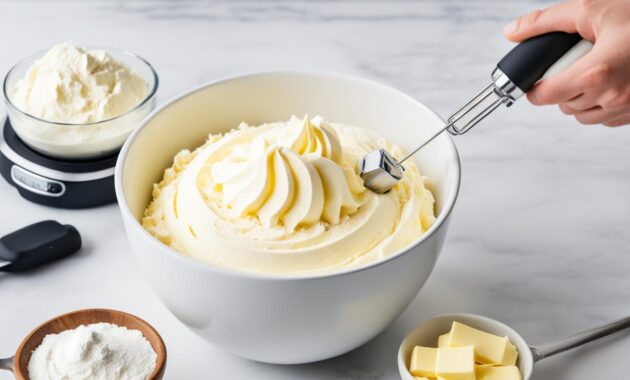
| Category | Value |
|---|---|
| Preparation Time | 10 minutes |
| Cook Time | 0 minutes |
| Servings | Enough to frost a 9-inch cake or 12 cupcakes |
| Difficulty | Easy |
Nutrition Information (per serving, approximate)
Please note that the following nutritional information is an estimate and may vary depending on the specific ingredients used.
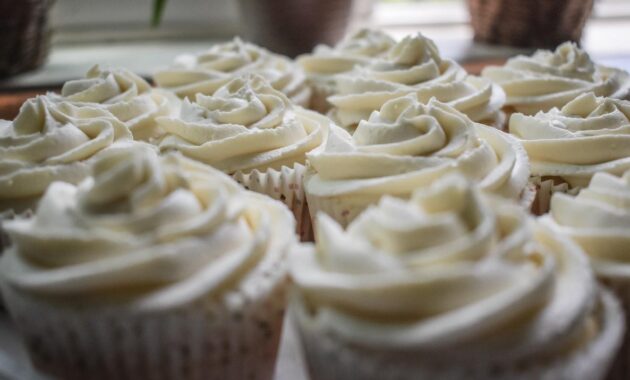
- Calories: Approximately 250-300 kcal
- Fat: 20-25g
- Saturated Fat: 12-15g
- Cholesterol: 60-70mg
- Sodium: 50-70mg
- Carbohydrates: 25-30g
- Sugar: 25-30g
- Protein: Less than 1g
Ingredients for Perfect Buttercream
Gather these simple ingredients, and you’ll be well on your way to buttercream bliss. Remember, quality ingredients make a difference!
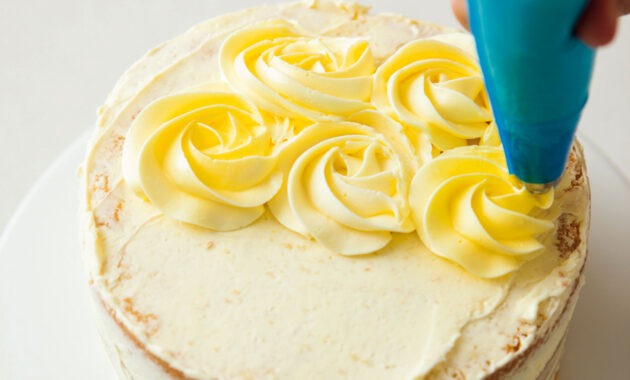
| Ingredient | Quantity | Notes |
|---|---|---|
| Unsalted Butter | 1 cup (2 sticks), softened to room temperature | Ensure it’s truly soft, but not melted. |
| Powdered Sugar | 4 cups (1 pound), sifted | Sifting eliminates lumps for a smoother texture. |
| Milk or Heavy Cream | 2-4 tablespoons | Adjust to reach desired consistency. |
| Vanilla Extract | 1 teaspoon | Adds a classic flavor. Use high-quality extract. |
| Pinch of Salt | Pinch | Enhances the sweetness and balances the flavors. |
Essential Equipment
- Stand Mixer or Hand Mixer
- Mixing Bowl
- Measuring Cups and Spoons
- Sifter
- Spatula
Cooking Instructions
- Cream the Butter: In a large mixing bowl (or the bowl of your stand mixer), beat the softened butter on medium speed for 2-3 minutes, until light and fluffy. This is a crucial step for creating a light and airy buttercream. Don’t rush it!
- Gradually Add the Powdered Sugar: With the mixer on low speed, gradually add the sifted powdered sugar, one cup at a time. Mixing on low speed prevents a sugar cloud from forming. Make sure each addition is fully incorporated before adding the next. Scrape down the sides and bottom of the bowl frequently to ensure even mixing.
- Incorporate the Liquid: Add 2 tablespoons of milk or heavy cream and the vanilla extract. Beat on medium speed until well combined. If the buttercream seems too thick, add the remaining milk or cream, one tablespoon at a time, until you reach your desired consistency.
- Add the Salt: Add a pinch of salt and mix until incorporated.
- Whip to Perfection: Increase the mixer speed to medium-high and beat for another 2-3 minutes, until the buttercream is light, fluffy, and smooth. This step is essential for removing any remaining graininess from the powdered sugar. You’ll notice the color lighten and the volume increase.
- Adjust Consistency (If Needed): If the buttercream is too thick, add a tiny bit more milk or cream. If it’s too thin, add a tablespoon or two of powdered sugar. Remember to mix well after each adjustment.
- Flavor and Color (Optional): This is where you can get creative! Add food coloring gel (gel is preferred over liquid as it won’t alter the consistency) to achieve your desired shade. You can also add other flavorings, such as lemon zest, almond extract, or coffee extract. Remember to add flavorings sparingly, tasting as you go.
- Use Immediately or Store: Use the buttercream immediately to frost your cakes or cupcakes. Alternatively, you can store it in an airtight container in the refrigerator for up to a week. Before using, let it come to room temperature and re-whip it for a few minutes to restore its fluffy texture.
Serving Suggestions
This versatile buttercream recipe is the perfect addition to countless desserts. Here are just a few ideas:
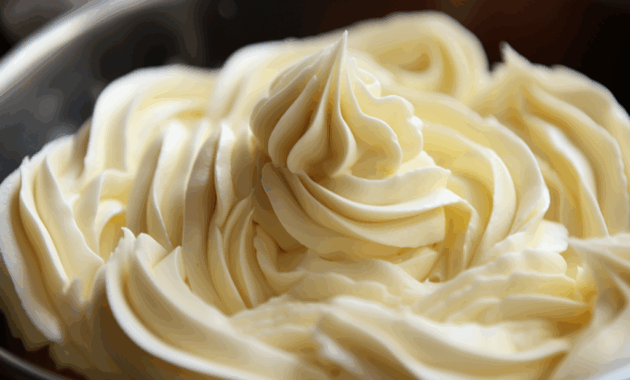
- Cakes: Use it to frost layer cakes, sheet cakes, and bundt cakes. The buttercream’s smooth texture and delicious flavor will complement any cake recipe.
- Cupcakes: Pipe swirls of buttercream onto cupcakes for a classic and elegant look.
- Cookies: Sandwich buttercream between cookies for a delightful treat.
- Brownies and Bars: Spread a layer of buttercream over brownies or bars for an extra touch of sweetness.
- Piping Decorations: This recipe is perfect for creating intricate piping designs on cakes and cupcakes.
Tips for Buttercream Success
Here are a few extra tips to ensure your buttercream turns out perfect every time:
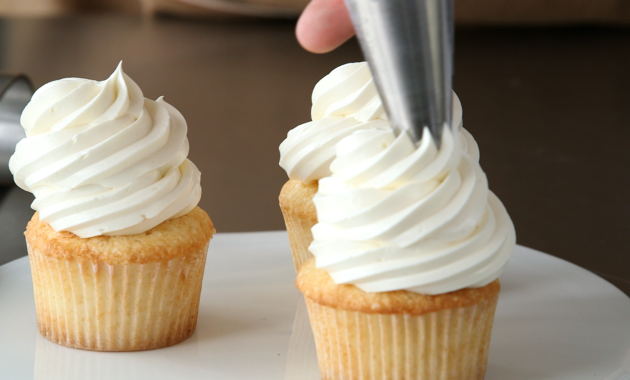
- Room Temperature Butter is Key: Using softened, but not melted, butter is essential for a smooth and creamy buttercream. If the butter is too cold, it will be difficult to cream, and if it’s too melted, the buttercream will be greasy.
- Sift the Powdered Sugar: Sifting the powdered sugar removes any lumps, resulting in a smoother buttercream.
- Don’t Overmix: Overmixing can incorporate too much air into the buttercream, making it unstable. Mix until just combined.
- Adjust Consistency to Your Liking: The amount of milk or cream needed to achieve the perfect consistency will vary depending on the humidity and the type of powdered sugar used. Adjust as needed.
- Use Gel Food Coloring: Gel food coloring is more concentrated than liquid food coloring, so you’ll need less of it to achieve your desired shade. Gel food coloring also won’t alter the consistency of the buttercream.
- Troubleshooting: If your buttercream is curdled, it’s likely because the butter was too warm or too cold. Try placing the bowl in the refrigerator for a few minutes to chill the butter, then re-whip. If the buttercream is too thin, add a tablespoon or two of powdered sugar. If it’s too thick, add a tiny bit more milk or cream.
- Flavor Variations are Endless: The possibilities are endless when it comes to flavoring buttercream. Try adding lemon zest, almond extract, coffee extract, peanut butter, or even melted chocolate.
Troubleshooting Common Buttercream Issues
Even with the best recipe, sometimes things don’t go as planned. Here’s how to fix some common buttercream problems:
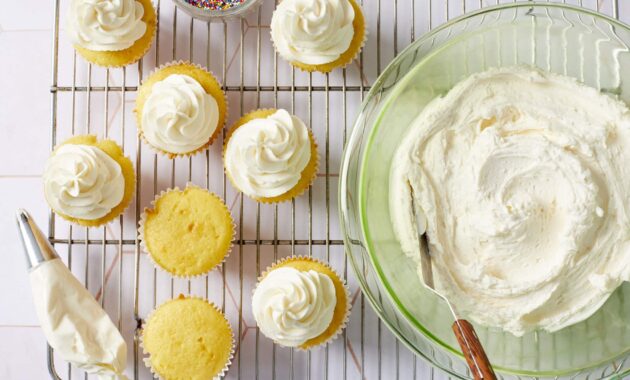
- Buttercream is too stiff: Add milk or heavy cream, one tablespoon at a time, until the desired consistency is reached.
- Buttercream is too runny: Add sifted powdered sugar, one tablespoon at a time, until the desired consistency is reached. Chill in the refrigerator for 15-20 minutes to firm it up.
- Buttercream is grainy: Continue mixing on medium speed for several minutes. The graininess is likely undissolved powdered sugar. Alternatively, gently warm the bowl over a double boiler (without melting the butter) while mixing to help dissolve the sugar.
- Buttercream is curdled: This usually happens when the butter is too warm or cold. If the butter is too warm, refrigerate the bowl for 10-15 minutes and then re-whip. If the butter is too cold, gently warm the sides of the bowl with a hairdryer and then re-whip.
Scaling the Recipe
Need more or less buttercream? This recipe can easily be scaled up or down. Simply adjust the ingredient quantities proportionally. For example, to double the recipe, double all of the ingredient amounts. To halve the recipe, halve all of the ingredient amounts.
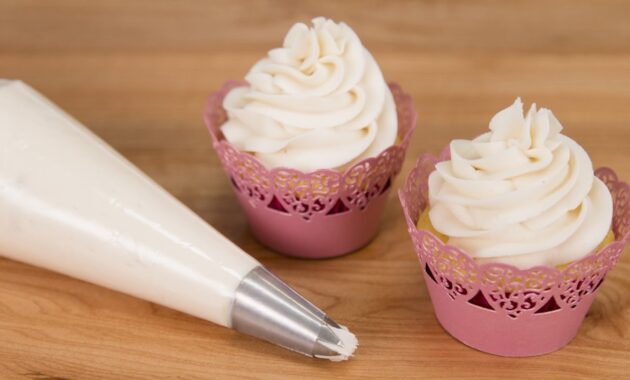
Buttercream Variations
Once you’ve mastered the basic buttercream recipe, the fun really begins! Here are a few ideas for creating unique and delicious buttercream variations:
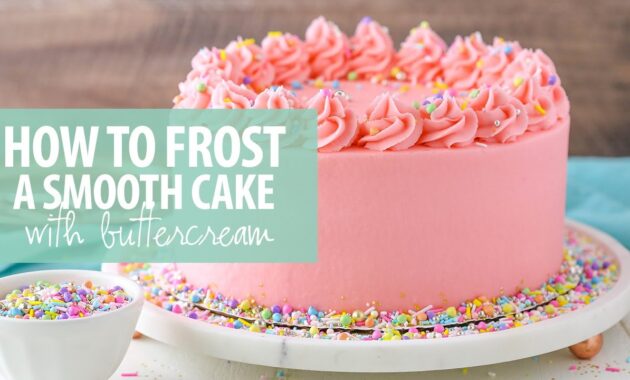
- Chocolate Buttercream: Add melted and cooled semi-sweet, dark, or milk chocolate to the basic buttercream recipe. Adjust the amount of powdered sugar as needed to maintain the desired consistency.
- Peanut Butter Buttercream: Add creamy peanut butter to the basic buttercream recipe. Start with a small amount and add more to taste.
- Lemon Buttercream: Add lemon zest and lemon juice to the basic buttercream recipe for a bright and tangy flavor.
- Coffee Buttercream: Add strong brewed coffee or espresso powder to the basic buttercream recipe for a rich and aromatic flavor.
- Strawberry Buttercream: Add strawberry puree or freeze-dried strawberry powder to the basic buttercream recipe for a fruity and vibrant flavor.
Crafting the perfect buttercream might seem like a simple task, but it’s the attention to detail and the quality of ingredients that truly elevate it from ordinary to extraordinary. By following this comprehensive guide, you’ll be well on your way to creating buttercream that is not only visually stunning but also incredibly delicious. So, gather your ingredients, fire up your mixer, and get ready to experience the magic of buttercream!
